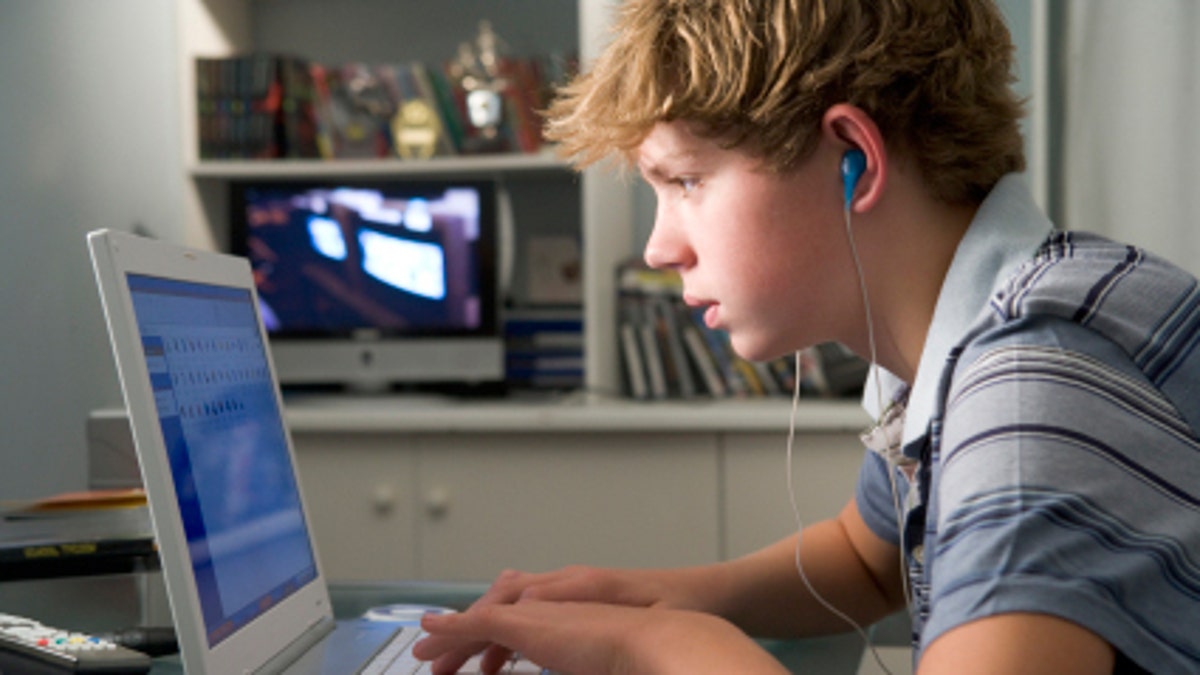
I have warned several times before—on Fox News programs and on this site—that social networking sites like Facebook and Twitter are causing psychological harm to large numbers of people by motivating them to publish profiles of themselves that resemble highly produced reality TV shows, while coaxing them into the erroneous belief that they are worthy of having thousands of friends or hundreds of followers.
In fact, Facebook itself is doing the heavy lifting. You needn’t be very quick-witted or very kind or even very likeable in order to gather a whole troop of people ready to reassure you that you are all those things. Technology does that. It’s no different than using a GPS system to get from one place to another. Trouble is, very few of us would contend that we have brilliant senses of direction because we can follow the turn signals emanating from our dashboards.
Not so, with Facebook. It makes you think you’re a star. And we all know just how well a fair number of stars are behaving these days. They value acting, not actualizing. They think the law doesn’t apply to them. They think sex and drugs are the answer.
Facebook feels good, just like every drug of abuse. You turn your computer on, click on the friendly icon and are invited into a world you control, with favorable feedback that inflates your ego (or you can block it), sometimes with hundreds of photos of yourself to remind people how fun or fabulous you are (and to remind yourself).
Just like ecstasy and cocaine, Facebook also promises to make it easier to leap boundaries and find sexual partners. It actually greases sexual gears and allows people to become intimate while intoxicated by the anonymity of the Internet.
Reality actually requires mutuality, empathy and real effort—whether to achieve success or connect romantically. But, like heroin addicts learn about their next injection, when fantasy is only a click away, it’s very hard to resist.
It should come as no surprise, then, that a new study by Dr. Larry Rosen, a professior at Cal State Dominguez Hills, shows that teenagers who use Facebook are more likely to use alcohol and to become more narcissistic, antisocial, paranoid and anxious. That makes sense: One drug (Facebook) should pave the way for the use of another (alcohol). And escaping reality by using drugs does indeed kindle irrational beliefs about oneself and the world.
Again: Dr. Rosen’s study doesn’t simply assert that narcissistic and antisocial people are drawn to Facebook. His study shows that using Facebook causes these traits.
Leaping from a world that requires face-to-face communication and unwanted feedback and real feelings, to one that is designed for quick hits of fake self-esteem is like crossing the Rubicon. It’s tough to come back, because the journey itself changes the person who has undertaken it.
There is a very apt comparison to be made here between Facebook and Twitter and cigarettes.
When these products were deployed, no one knew, or no one was willing to document and respond to, early data that suggested they were highly toxic. I believe social networking will turn out to have psychological consequences every bit as ominous as cigarettes. It is a legal drug that will cause an epidemic of personality disorders.
Now, here’s the really, really scary part: I have a Facebook account. There, I said it. And I am not shutting it down—at least not right now. That means that this drug is tenacious, with tentacles reaching very deep into our psyches and society.
What I will do, and what all of us should do—today—is limit our use of social networking.
This is a public health imperative. I promise you, more and more concerning data will be forthcoming.
